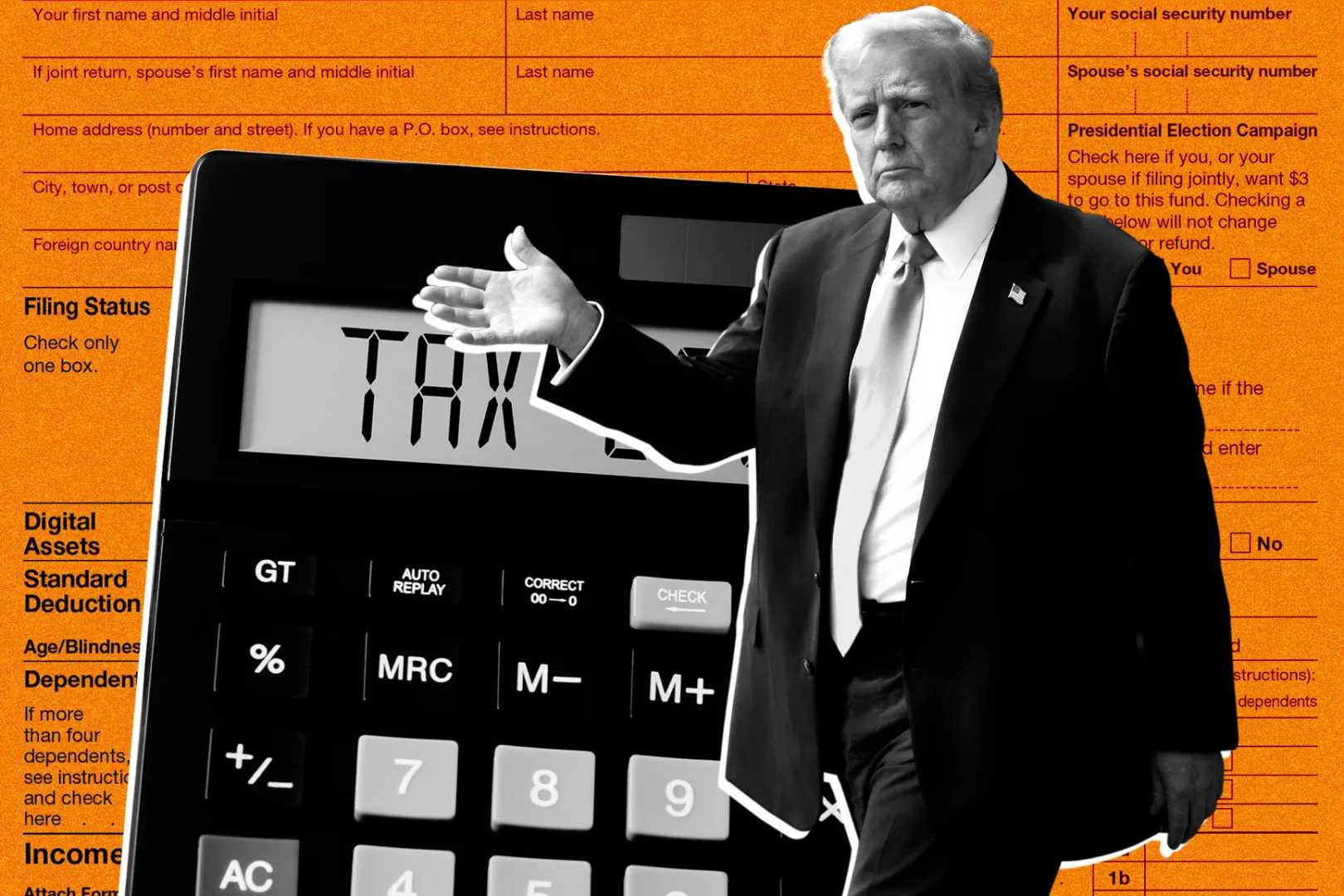Politics
Trump’s Tax Bill Promises Reforms But Sparks Controversy

WASHINGTON, D.C. — President Donald Trump‘s new tax proposal, known as the Big Beautiful Bill, aims to bring significant changes to family budgets, especially during tax season. The House of Representatives passed the bill on May 22, and it features several provisions aimed at altering tax credits, health savings accounts, and education-related expenses.
The tax bill increases the child tax credit from $2,000 to $2,500 per eligible child for 2025 through 2028. Kyle Pomerleau, a senior fellow at the American Enterprise Institute, explains that the credit will be adjusted for inflation in ensuing years. However, this increase may not benefit all families, particularly low-income households, as the credit is only partially refundable.
Additionally, the legislation proposes a new tax-deferred account for children born between 2025 and 2028. Taxpayers could receive a one-time $1,000 government contribution to these accounts, also known as MAGA accounts, allowing contributions of up to $5,000 annually.
The bill also aims to double health savings account contribution limits for individuals earning less than $75,000, expanding eligible expenses to include gym memberships and other physical activity programs. This expansion is intended to make HSAs more beneficial for middle-class and low-income families.
Despite these potential benefits, financial experts like Mitchell Freedman, a certified public accountant in California, cautioned taxpayers to be vigilant as the Senate will debate the bill next, with possible alterations before it is finalized. “I can’t recall a significant tax bill passing intact after one of the houses of Congress approved it,” Freedman noted.
The bill also includes a deduction for car loan interest payments and proposes several changes to education expense rules, which may affect thousands of families across the nation.
As of now, the legislation is set to move to the Senate for further discussion, where lawmakers will consider potential modifications before voting. With heated debates expected, many are keeping a close eye on how these reforms will impact American families, particularly those with lower incomes.












